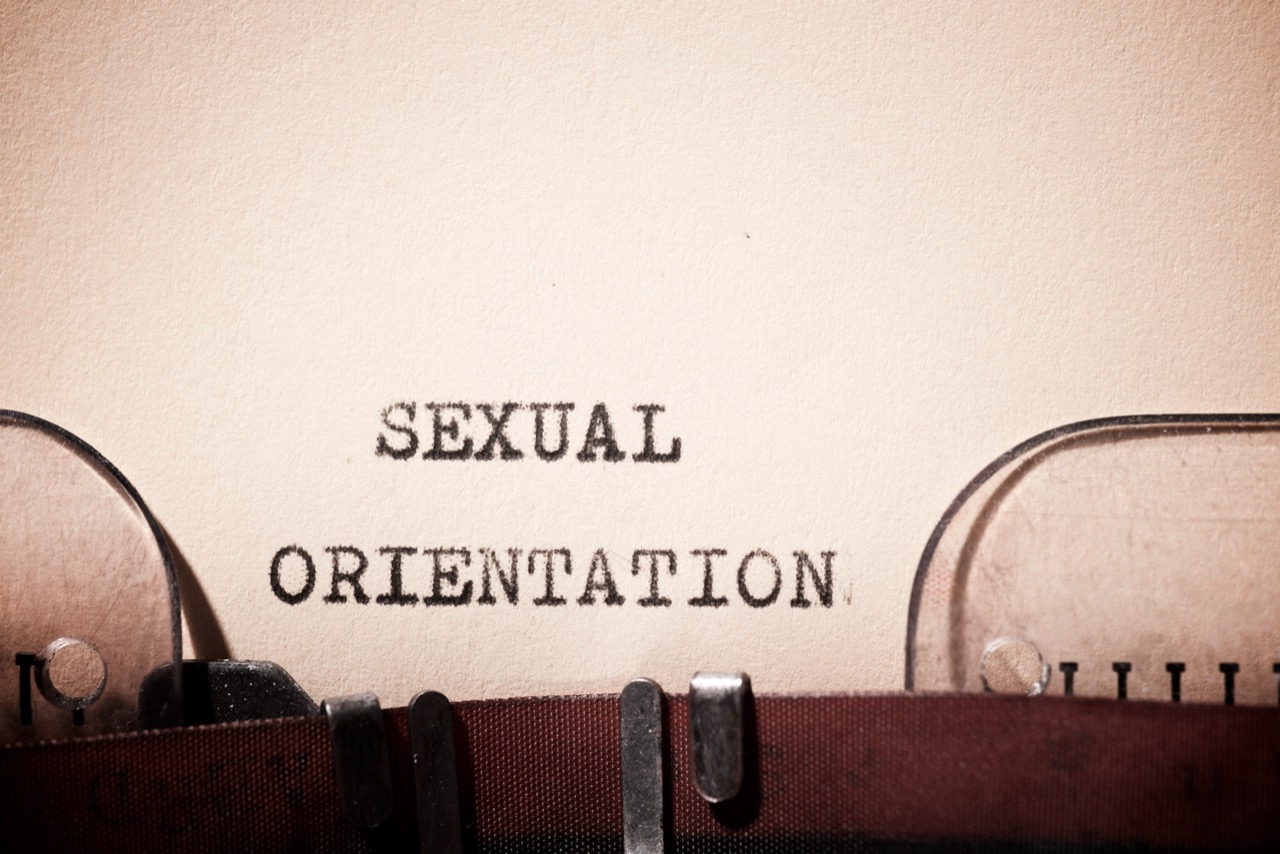Sexual Orientation - What It Is

What is sexual orientation?
It is a persistent sexual and emotional attraction to people of a particular gender. While heterosexuality was considered the only "healthy and correct" orientation until a few years ago, year after year the openness and tolerance of society is increasing - but homosexuality is still highly controversial. Sexual orientation is not a choice that we can change based on situations and behaviors. A newer and increasingly popular term is "psychosexual orientation," which is not only limited to sexual attraction but also indicates a strong desire to fulfill another person's psychic needs - emotional.
Sexual orientation - types
There are three types of sexual orientation:
- Heterosexuality , or heterosexual orientation, is the sexual attraction to persons of the opposite sex. Men like women and women like men. Heterosexual activity between only one man and one woman is by far the most common type of sociosexual activity.
- Homosexual - or homosexual orientation, is a sexual, erotic and emotional attraction to persons of one's own sex. Women "attract" women and men "attract" men.
- Bisexuality - or bisexual orientation - is sexual attraction to both women and men. This means that a bisexual person can create relationships and coexist with members of either gender.
Recently, there has been more and more talk of asexuality, t. õ. asexual orientation, which accounts for about 1% of the population. Population. Asexuality - along with homosexuality, heterosexuality and bisexuality - is considered the fourth type of sexual orientation. An asexual person does not experience any sexual attraction to people, either his or her own or the opposite sex. Asekuslane people have no aversion to sex, but they have no reason or need to practice it.
Pansexuality - what is it?
Pansexuality is a sexual or emotional attraction to people regardless of gender or identity. It has nothing to do with pathological sexual needs like pedophilia. According to sexologists, pansexuality is very close to bisexuality, so they do not see it as a new type of orientation.
Scientists don't know the exact cause of sexual orientation, but they speculate that it is caused by a complex interplay of genetic, hormonal, and environmental influences. To date, much research has been done to determine the influence of genetics, hormonal background, developmental dynamics, social and cultural influences, leading many to believe that biological factors and environment play a complex role in shaping it.